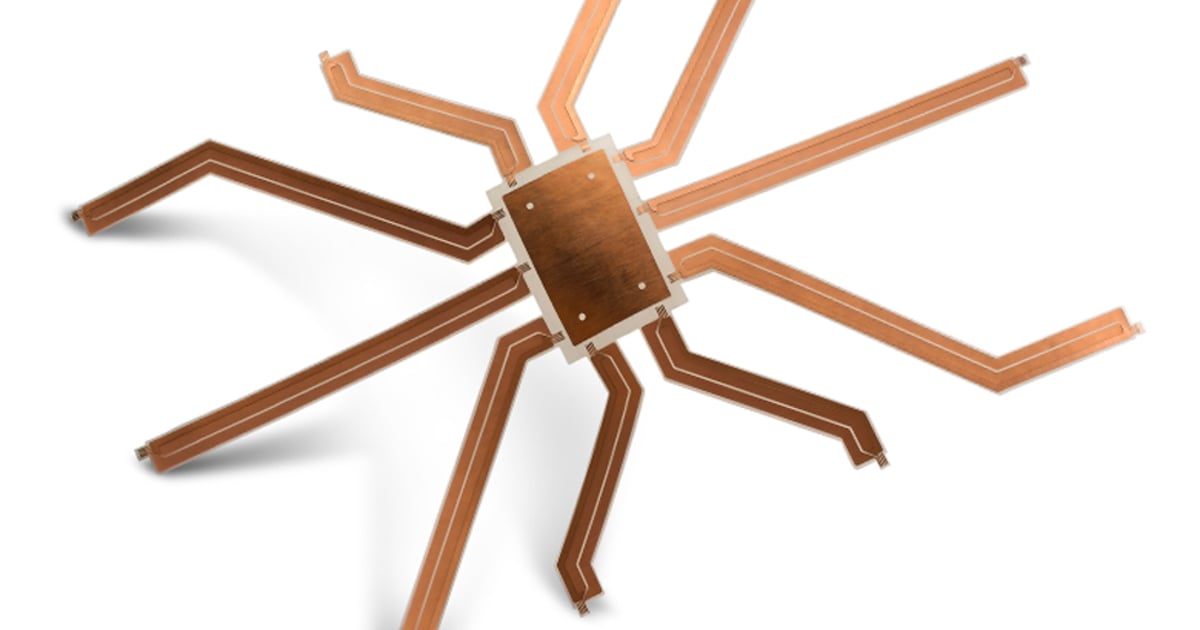
The U.S. Department of Energy on Friday said it plans to loan $362 million to help California wiring components startup CelLink open a factory in Texas.
The conditional commitment from the government’s Advanced Technology Vehicles Manufacturing loan program is for the development of lighter, more efficient flexible circuit wiring harnesses for automotive and other industries. Once fully operational, the Georgetown, Texas, facility is expected to produce flex harnesses to support some 2.7 million electric vehicles per year, the department said.
The loan commitment comes after CelLink last year closed on a $250 million funding round with backers including BMW and suppliers Lear Corp. and Robert Bosch. Ford Motor Co. was also an early backer of the San Carlos, Calif., company, which was founded in 2011.
“Factory construction is pretty expensive,” CelLink CEO Kevin Coakley said in an interview with Automotive News. “So having an entity like [the Energy Department] there to help finance this is very helpful, so that we can use our equity dollars for other things like growing the business.”
The loan commitment is part of a broader initiative by the Biden administration to boost domestic manufacturing, particularly as it relates to building up the regional supply chain for EV production. New tailpipe emissions regulations proposed by the EPA are expected to result in 67 percent of new-vehicle sales being electric by 2032, and key provisions in the 2022 Inflation Reduction Act and the 2021 bipartisan infrastructure law are geared toward fostering more U.S. EV manufacturing.
“We’re committed to figuring out how to keep our technology here and how to link that to the American workforce and how to do continuous innovation, and CelLink is one of the most perfect examples of how to do this,” said Jigar Shah, director of the DOE’s Loan Programs Office.
CelLink has developed a new method of connecting battery cells and packs, and transferring power and data across vehicle sensors, modules and electronic control units, according to the company. Its products are installed in about 1 million vehicles today, CelLink said.
Demand for the company’s products has grown to the point where it needed to open a new factory to supplement its original California location, Coakley said. Work on the factory, located in suburban Austin, has already begun, and its first manufacturing lines are expected to be operational as soon as July, he said.
CelLink expects to expand the plant’s capacity in “five-line increments,” ultimately operating with 25 lines in the next several years, Coakley said.
“We’re expanding our capacity in step with demand,” he said. “This isn’t a situation where we build a $1 billion plant before we ever see a single dollar come back.”
DOE’s Shah did not say what specific conditions CelLink must meet for the loan to be paid out. However, he said for many applicants, the final steps include ensuring that the company has been granted the permits it needs and has raised the amount of equity it said it would, while for others it comes down to overcoming technical hurdles.
“This one is a situation with the former explanation,” he said, adding that the process is “basically 99 percent completed.”
Reuters contributed to this report.